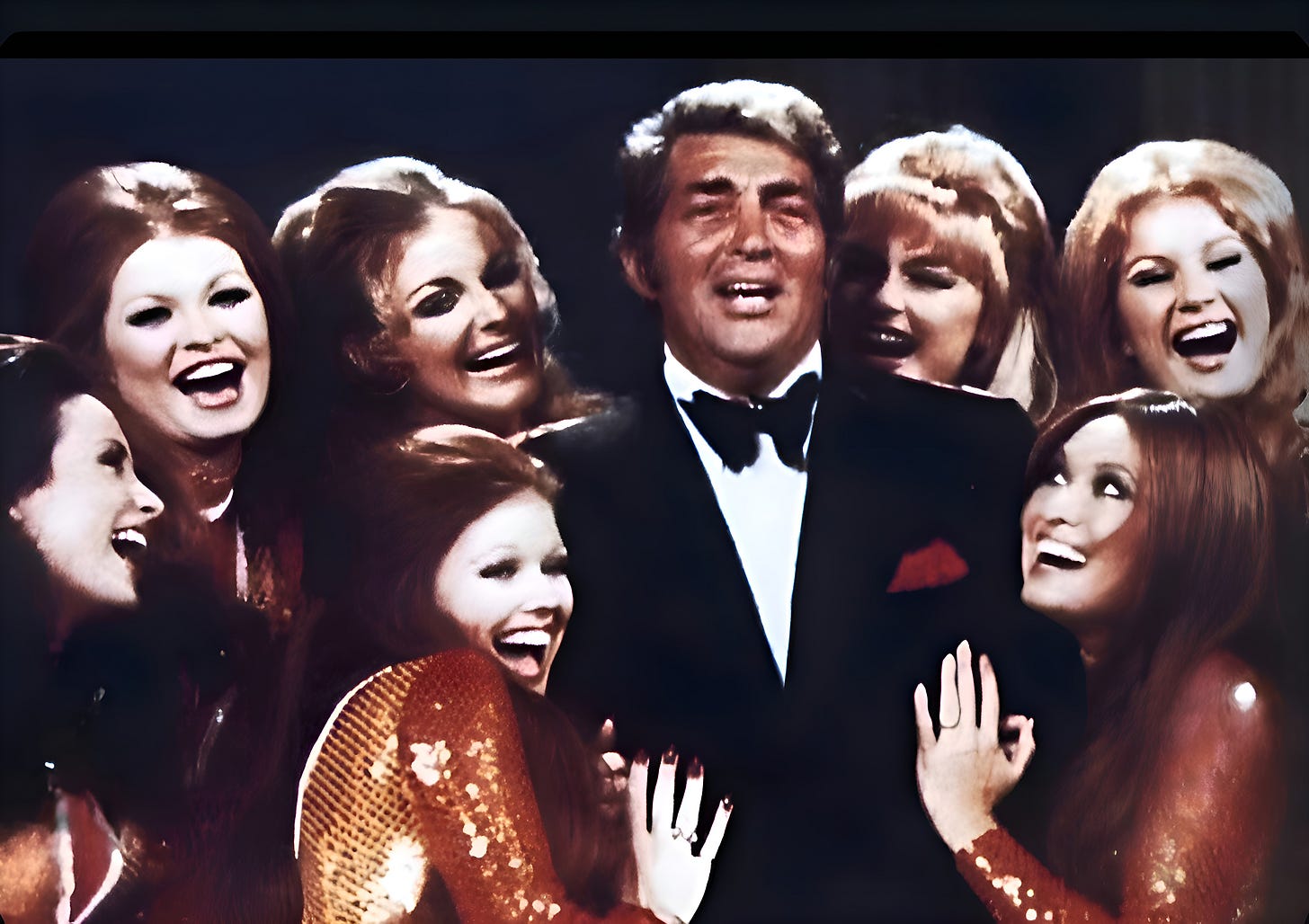
“He wasn’t a big man, just about five foot nine, but he was strong, a boxer from a steel town, and he made me feel that he was ravenously grateful for a woman’s softness after being locked in the blast furnaces all day.…

“He wasn’t a big man, just about five foot nine, but he was strong, a boxer from a steel town, and he made me feel that he was ravenously grateful for a woman’s softness after being locked in the blast furnaces all day.…